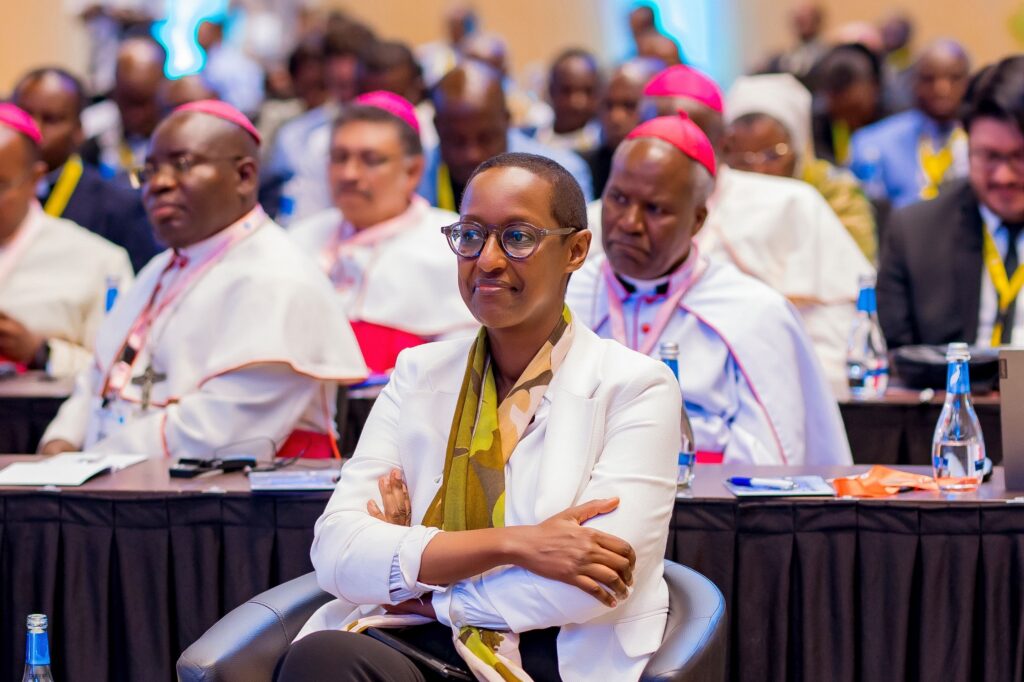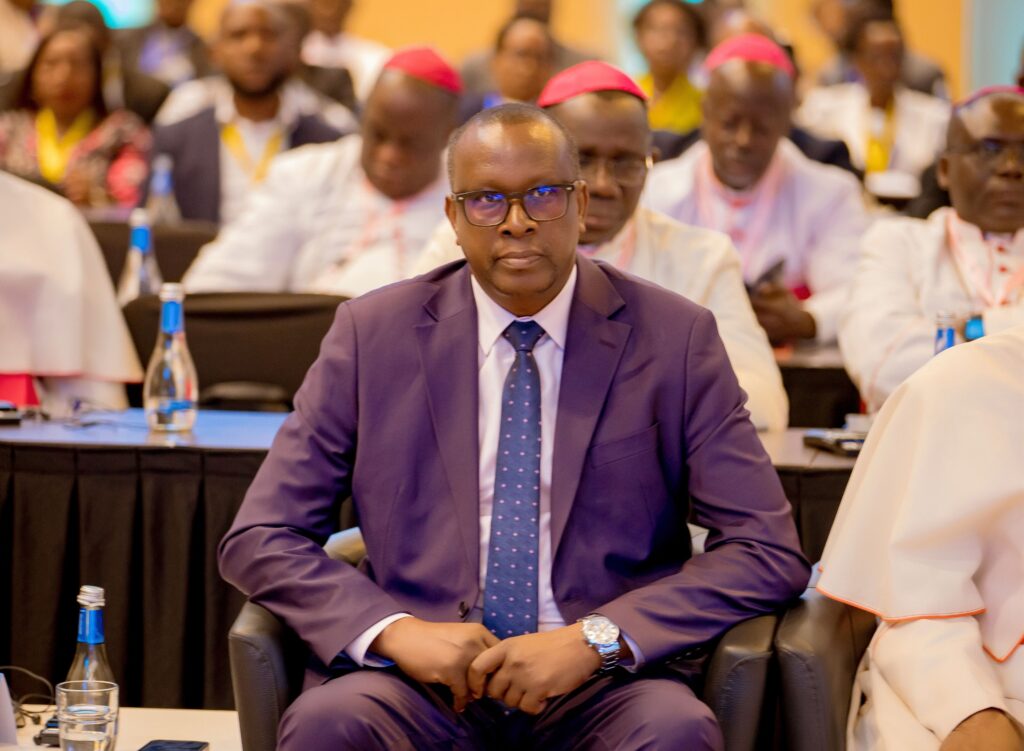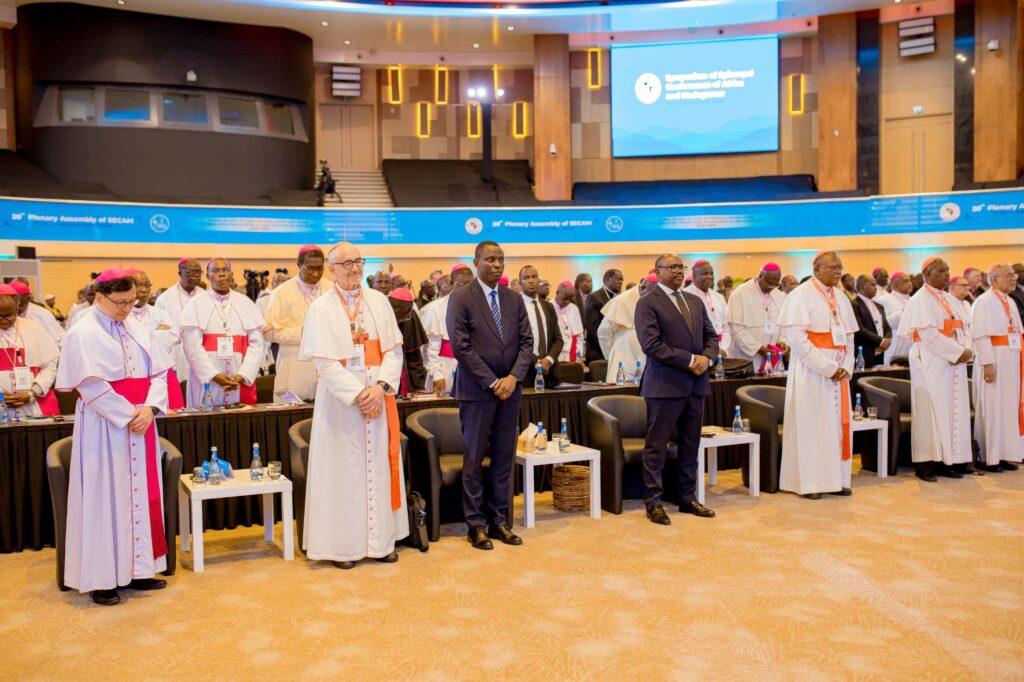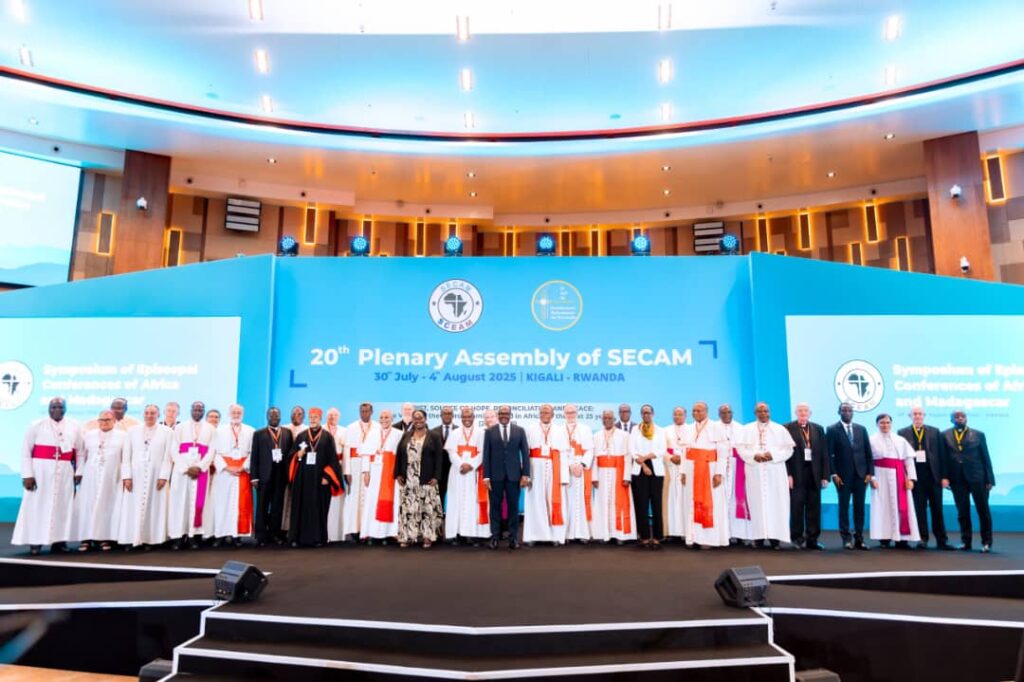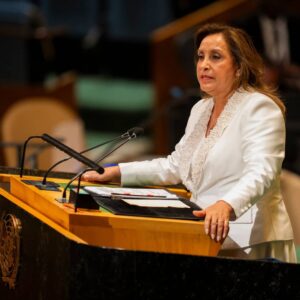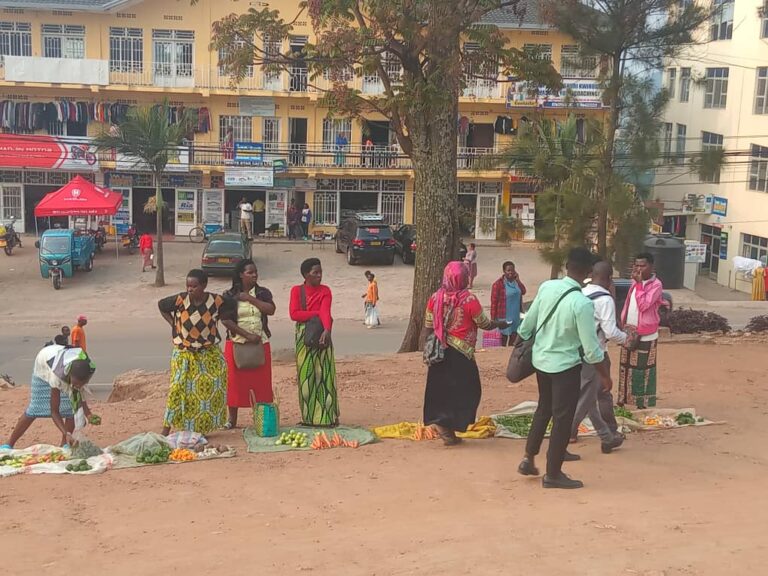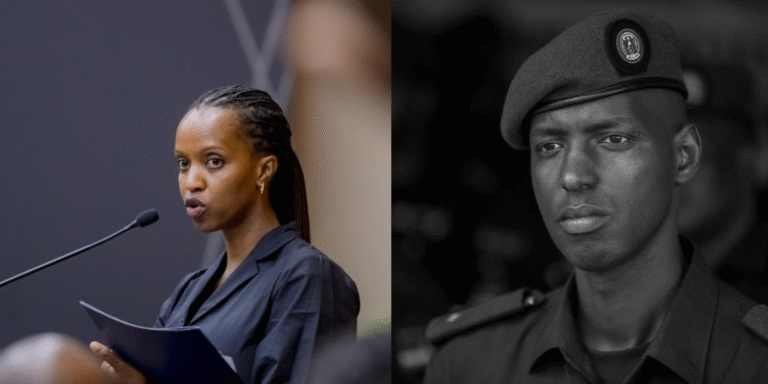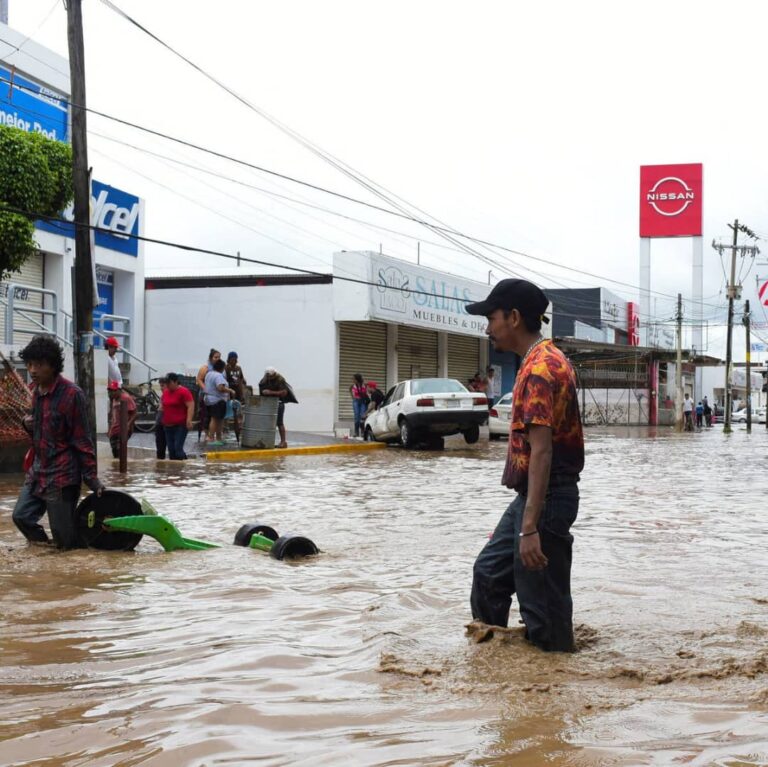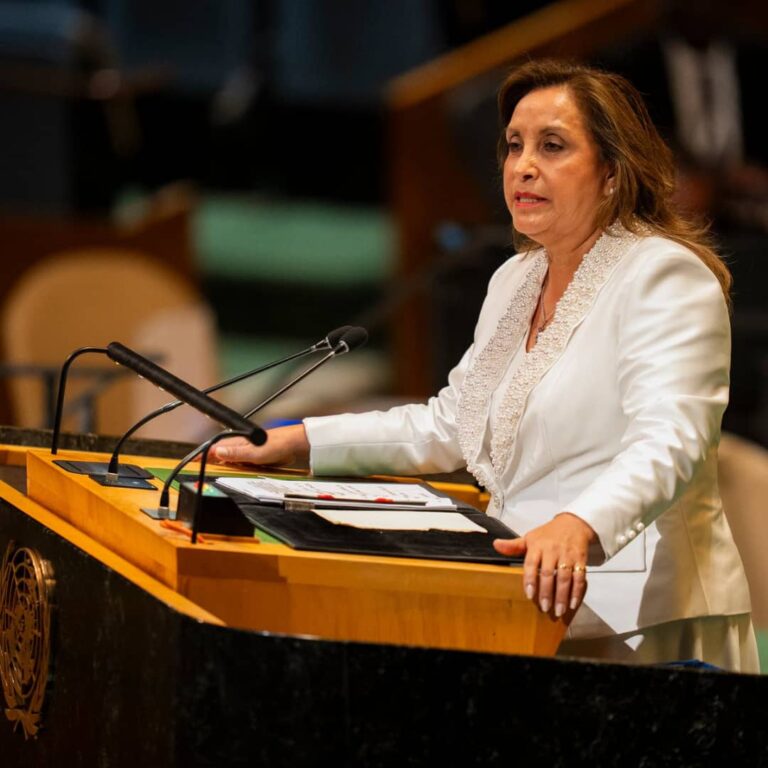Fridolin Cardinal Ambongo, Archbishop of Kinshasa and President of the Symposium of Episcopal Conferences of Africa and Madagascar (SCEAM), officially opened the 20th Plenary Assembly of SCEAM, paying tribute to Rwanda’s exceptional hospitality and emphasizing the symbolic choice of the country as host.
Held under the theme “Christ, Source of Hope, Reconciliation and Peace,” the assembly brings together Church leaders and stakeholders from across Africa and the islands.
Cardinal Ambongo described the theme as profoundly resonant with the continent’s current challenges-ranging from conflict and displacement to ecological crises-and reaffirmed Christ’s central role in guiding Africa towards healing and transformation.
“In a world fractured by war, poverty, forced displacement and ecological crises, we turn our eyes to Christ, the living source of healing and renewal,” he said. “This is not only a theological conviction, but a pastoral urgency.”
A Tribute to Rwanda’s role in healing
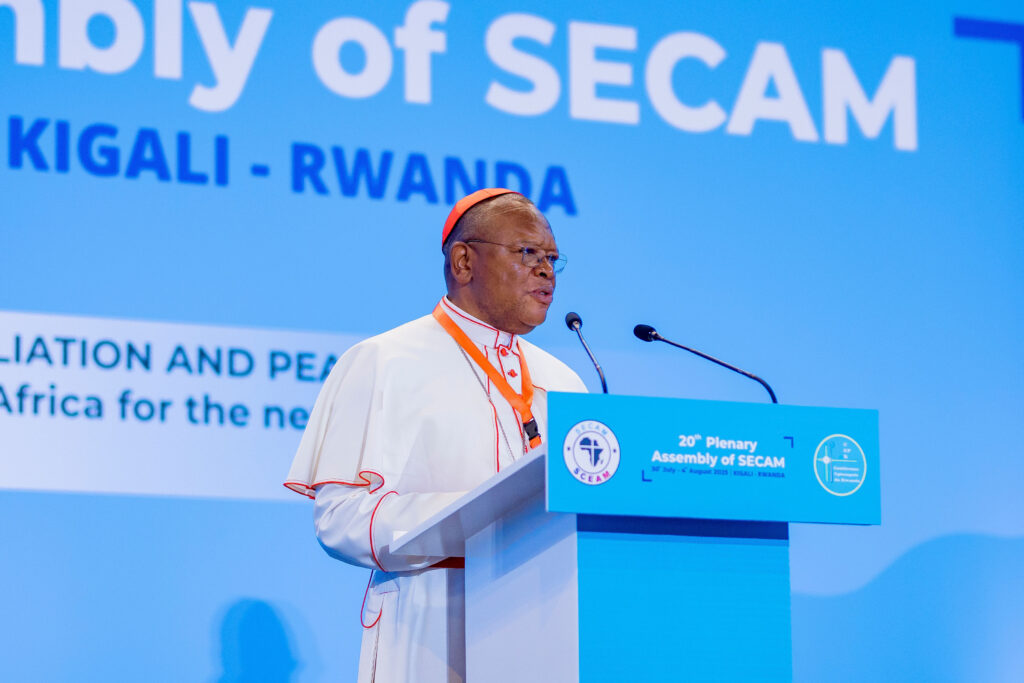
Cardinal Ambongo highlighted Rwanda’s significance as the venue, calling it a land of “painful memory but also of courageous healing and new beginnings.”
He noted that the decision to hold the Assembly in Rwanda was deliberate and symbolic-a testament to SCEAM’s commitment to reconciliation, truth, and peace.
“Our presence here is not a coincidence. It reflects our solidarity with a nation that has turned tragedy into testimony,” he declared. “It reminds us that the wounds of history, when touched by Christ, can become sources of grace.”
In this context, the Cardinal expressed heartfelt gratitude to the Government of Rwanda and President Paul Kagame, not only for the warm hospitality and steadfast support extended to SCEAM and its delegates, but also for the President’s pivotal role in Rwanda’s remarkable transformation.
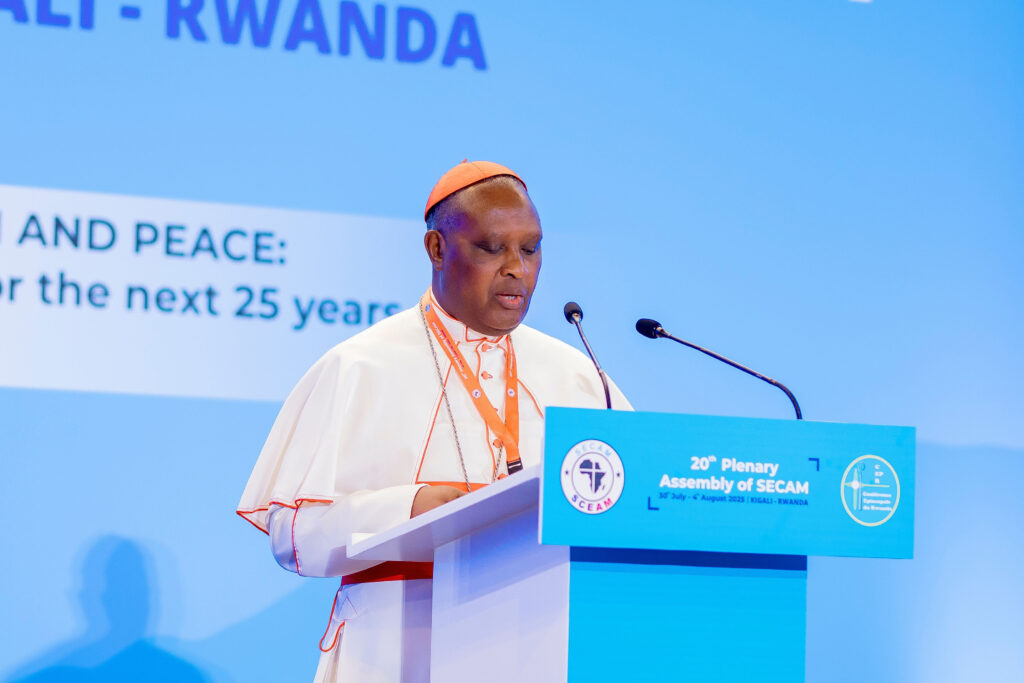
Antoine Cardinal Kambanda, also expressed his appreciation to President Paul Kagame for his role in Rwanda’s journey of recovery and rebuilding.
He said, “We are grateful to His Excellency President Paul Kagame for his policy of unity and reconciliation. At one point, the Church’s mission was hindered by the country’s painful history of ethnic division and violence, which culminated in the 1994 Genocide against the Tutsi. However, by the grace of God, over the past 31 years, we have been blessed with strong leadership that has worked tirelessly to foster unity and reconciliation.”
Adding weight to the occasion, Rwanda’s Prime Minister Dr. Justin Nsengiyumva, representing President Paul Kagame as Guest of Honour, welcomed delegates with a compelling speech that aligned closely with the assembly’s themes.
“Your gathering here is a sign of solidarity and a powerful message of shared commitment to the values of hope, reconciliation, and peace,” he said. “These values resonate deeply with the history and aspirations of our country.”
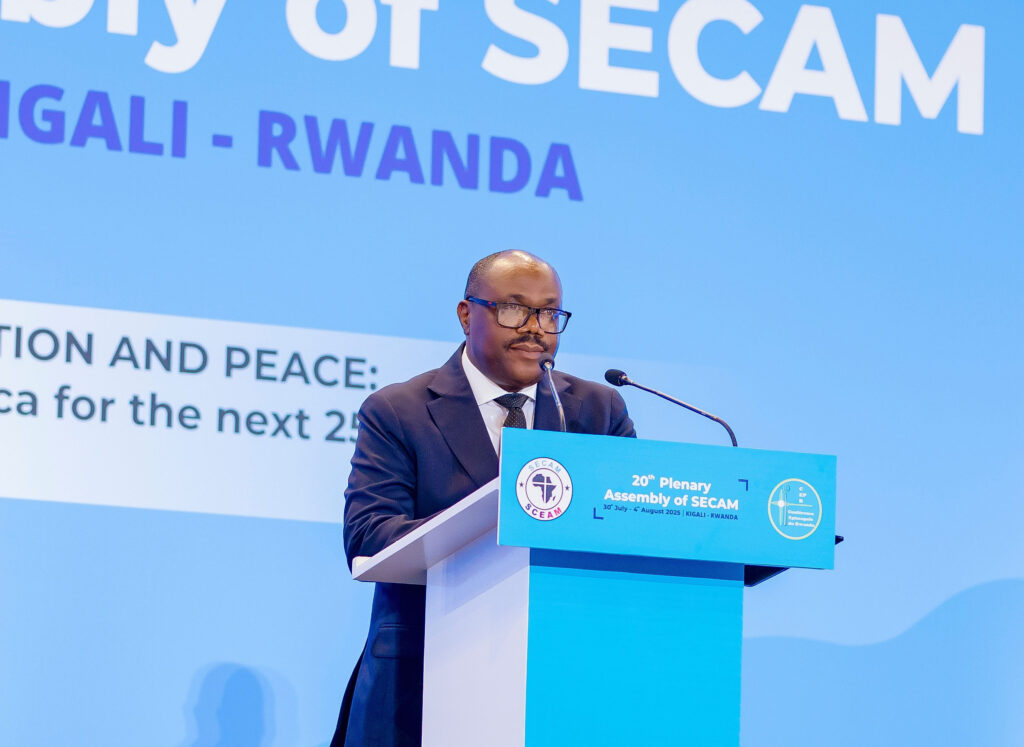
Reflecting on Rwanda’s post-genocide transformation, the Prime Minister spoke of the nation’s determined journey to rebuild through unity, accountability, and healing.
“That progress has been made possible not only through the work of government but also through active partnerships, including with faith-based organizations. We recognize and value the longstanding contribution of religious institutions, and particularly the Catholic Church.”
He commended the Church’s contributions to education, health, and social cohesion, stating that such partnerships have been pivotal in Rwanda’s socio-economic development.
Switching to French to address francophone delegates, Dr. Nsengiyumva praised SCEAM’s ambition to adopt a 25-year vision, aligning with Rwanda’s own Vision 2050 development framework.
He encouraged delegates to ensure that reconciliation and peace are not abstract ideals but tangible realities reflected in daily life.
SCEAM was founded on July 29, 1969, in Kampala, Uganda, during the historic visit of Pope Saint Paul VI, the first Pope to set foot on African soil.
Looking ahead, one of the key tasks of today’s assembly will be the adoption of SCEAM’s 2025–2050 Vision Document-a strategic and spiritual compass for pastoral, social, and institutional priorities.
